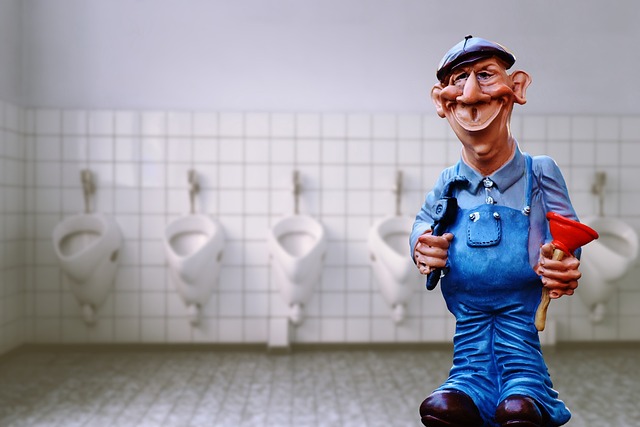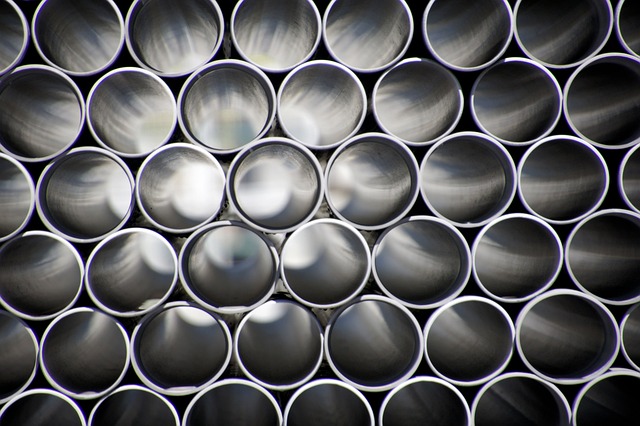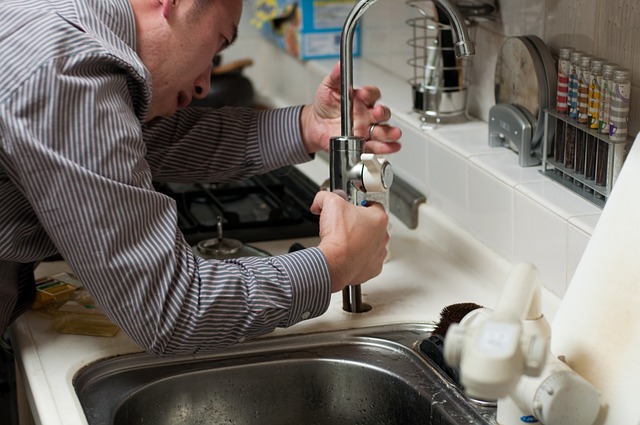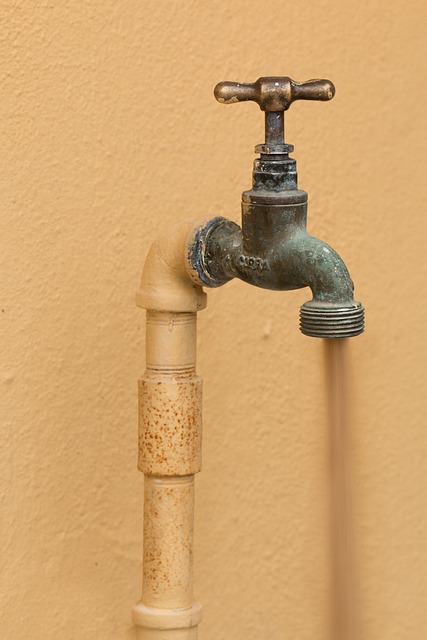Understanding common plumbing issues like leaks, clogged drains, low water pressure, and unusual noises is key for DIYers or those deciding when to call a professional. Some problems, such as leaky faucets and slow drainage, can be easily fixed by homeowners with basic tools and knowledge. However, persistent leaks, severe clogs, complex noise issues, or lack of necessary skills indicate issues requiring a licensed plumber's expertise to prevent further damage and ensure long-term solutions.
Tired of unexpected plumbing headaches? Learn to identify and tackle common issues with our comprehensive guide. From leaky faucets to clogged drains, understanding basic plumbing problems is half the battle won. We explore DIY solutions for minor fixes, empowering you to save time and money. However, recognize when it’s time to call a professional plumber for complex repairs. Get equipped to navigate common plumbing issues like a pro and rest easy knowing your home’s water flow is in capable hands.
Understanding Common Plumbing Issues: What to Look Out For

Recognizing common plumbing issues is the first step in deciding whether to tackle problems yourself or call a professional plumber. Keep an eye out for leaks, both visible and hidden, as they can indicate faulty pipes or fittings. Clogged drains and sinks are another frequent issue; this could be due to buildup from grease, hair, or foreign objects. Low water pressure is also a common plumbing woe; it might be caused by mineral deposits, a leaking faucet, or issues with the main water supply line.
Additionally, strange noises coming from pipes, like banging or grinding, warrant attention as they often signal structural problems or loose fittings. If you notice your toilet running continuously or water heating up unexpectedly, these could point to serious plumbing malfunctions that require expert intervention.
Do-It-Yourself (DIY) Solutions for Minor Plumbing Troubles

Many common plumbing issues can be easily resolved by homeowners with some basic knowledge and tools. Before calling a plumber, consider tackling minor problems like leaky faucets or slow drainage yourself. DIY solutions are not only cost-effective but also empower you to understand your home’s plumbing system.
For leaky faucets, check for loose connections under the sink and tighten them using pliers. If the problem persists, replace the faucet washer or cartridge. Slow drainage can often be fixed by clearing clogs with a plunger or a drain snake. Regular maintenance, such as cleaning drain traps and replacing air adams, can also prevent future blockages.
When to Call a Professional Plumber: Recognizing Complex Problems

While many common plumbing issues can be easily fixed with a bit of DIY know-how, there are times when a problem is more complex and requires the expertise of a professional plumber. Recognizing when to call a pro is key to avoiding further damage or costly repairs. If you’re dealing with persistent leaks that can’t be pinpointed or stopped, it’s likely a sign of a larger, hidden issue within your plumbing system. Similarly, severe clogs that involve heavy debris or constant water pressure problems could indicate faulty pipes or connections needing professional attention. Another red flag is unusual noise coming from pipes, which might suggest a serious structural problem.
Additionally, if you lack the necessary tools or experience to safely and effectively address a plumbing concern, it’s always best to call a licensed plumber. They have the specialized equipment and knowledge to diagnose and fix intricate issues like pipe corrosion, broken valves, or even complete system overhauls. Remember, attempting to tackle complex problems yourself can lead to further complications and costly repairs down the line.
When tackling common plumbing issues, knowing the difference between DIY fixes and professional help is key. While minor troubles like clogged drains or leaky faucets can often be resolved independently, more complex problems require the expertise of a plumber. Regular maintenance and prompt attention to these issues can prevent significant damage and costly repairs, ensuring your home’s plumbing system remains in top shape. Remember, understanding common plumbing problems and knowing when to call a professional is half the battle won.
